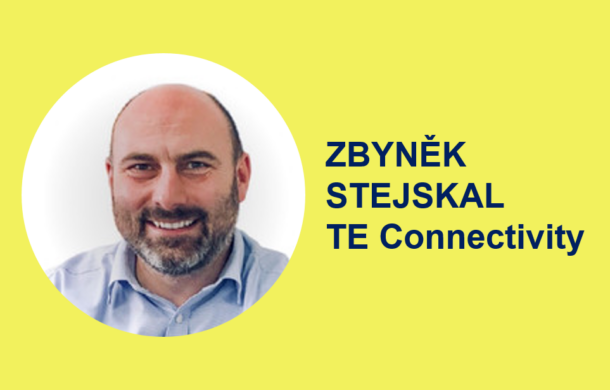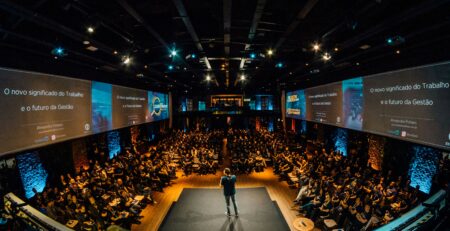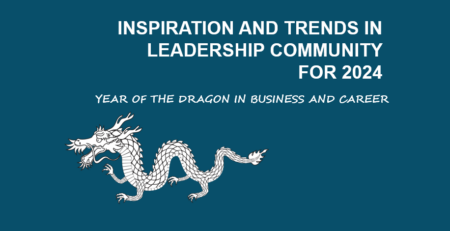Interview with Zbyněk Stejskal, TE Connectivity, by Anderson Willinger
Anderson Willinger, executive search, prepared an exclusive interview with Zbyněk Stejskal, HR Director of TE Connectivity.
TE Connectivity
- Design, manufacture and distribution of products in area of connectivity for diverse industries
- Over 80,000 employees in fifty countries around the world
- 3 manufacturing plants in the Czech Republic (Brno, Kuřim, Trutnov)
Zbyněk Stejskal, HR Director for CEE automotive division TE Connectivity leads the HR concept for 3 countries with a total of 4,500 employees. Mr. Stejskal established in TE Connectivity HR business partnering based on a good understanding of the needs of the supported business segment and the needs of the final customer (managers, employees) allowing for a fundamental change in the perception of the role of HR departments from the largely administrative role shifted into the role of a strategic partner. His HR career is intertwined with companies TE, Valeo, Honeywell. Thanks to his experience with a number of companies and selection of key site leaders we asked him about his outlook on development, benefits and career of site managers.
How a site manager changed or will change in 2003, 2015 and 2030? In the first decade of the 21st century there were site managers focused on the fulfillment of defined performance indicators (productivity, COPQ, PPM, Inventory turns). Site manager tried to achieve them by using a cocktail of directive and democratic leadership together with the implementation of Lean / Six Sigma tools. It was a time when there was generally expected active involvement and support to lean activities. At the same time, many companies were starting to develop their own systems focused on the so-called operational excellence. Currently the need for high levels of lean tools adds emphasis on staff development – talents. Site manager has to focus nowadays on a list of talents / high potentials alongside with KPI monitoring, reporting level of implementation of operational excellence. Virtual teams become more prominent . Directive management system becomes fundamentally unproductive. And future in 2030? First, most of the current site managers will retire. Second, it will be necessary to focus on monitoring of the development of all employees, to identify potential at lower levels of the organization, not only to the second level of subordinates. All employees will be treated as today’s top talents. Site manager will need to be able to support individualized development plans. He will also need to be able to achieve results through virtual teams, or be able to work with a team of people in the home-office, in another time zone, another region …
What are the current challenges for site managers from the HR perspective? Ability to identify talent /potential externally / internally. Being able to focus more in to the depth of the organization and seek potential. Talent should not be only the one who has great results today. Maybe we overlook a few others who only need a larger project, the opportunity to shine. Creating realistic environment, involvement and positive motivation in the organization. It is important to work with data – each organization generates thousands gigabytes of data and information – the ability to focus on the right ones, which are useful for defining medium-term strategies and for day to day decisions.
What are the key managerial skills which should current site managers develop? Currently everything is accelerating, distances are shortened. What previously took decades survives only a few months now. The ability to quickly adapt to changing environments and the ability to accept change positively. Furthermore, acceptance of the role of a real leader (not a manager) who is able to define the medium / long-term development strategy and is as well a skillful communicator to ensure proper PR for superiors (mostly global leaders) and moves the organization forward. Ability to manage multicultural and virtual teams is another skill that I see as a key for future success. Team members may not be in the same time zone and a work from home-office is becoming a common thing.
What are the expectations from site managers from the HQ perspective and how the expectations differ in the last 5 years? What is the future? Five years ago, it was important to meet defined performance indicators (margin, PPM, inventory turnover, productivity). Currently we focus on leanness and clarity of processes and material / information flows and also on the fulfillment of performance indicators. In the future there will be also emphasis on local CSR activities and corporate involvement in support of the local community.



